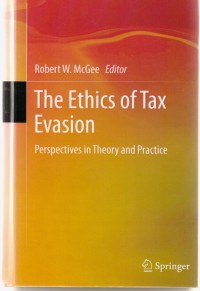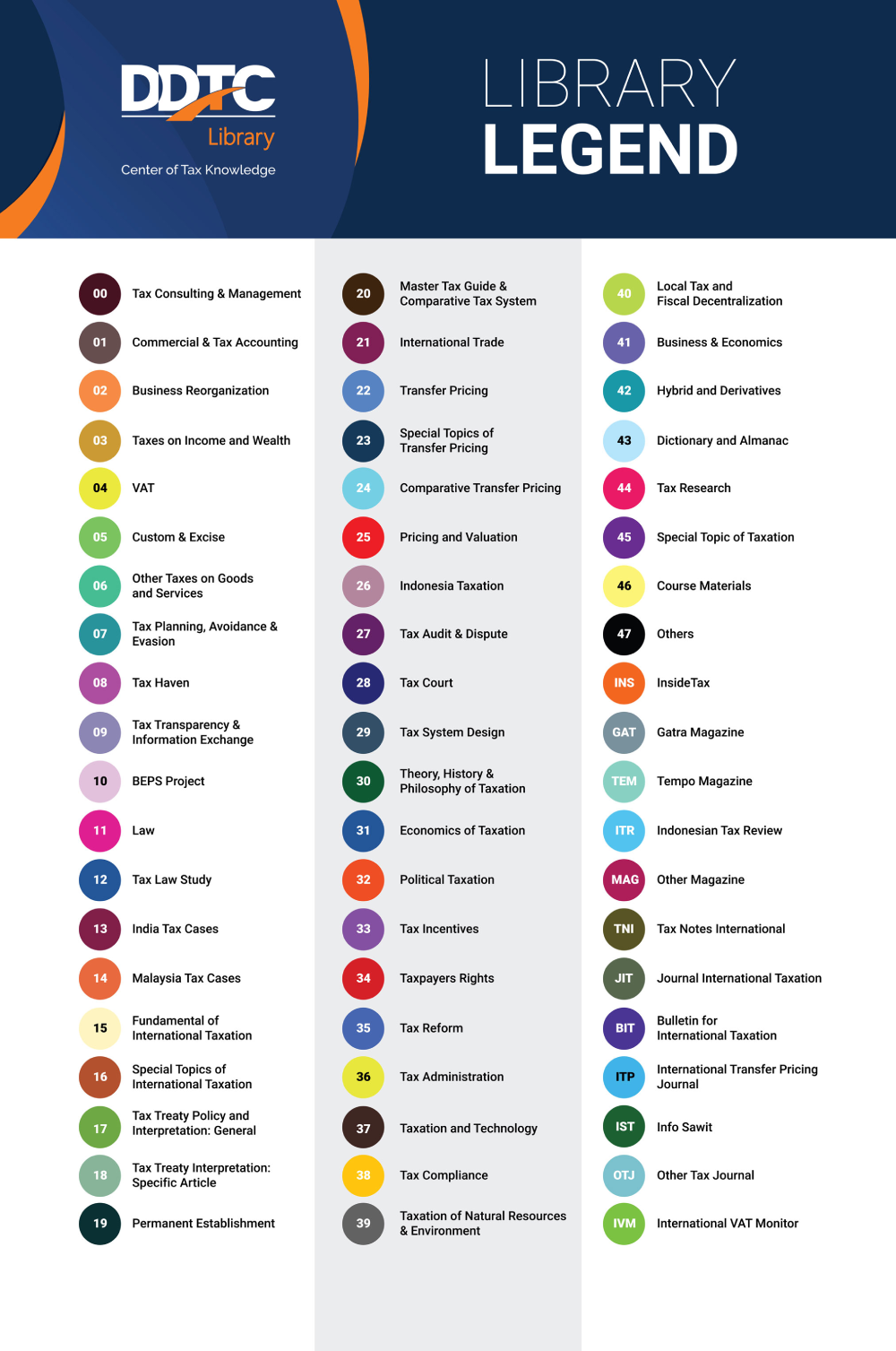
Book
The Ethics of Tax Evasion
The first book to explore the phenomenon of tax evasion from an ethical perspective, filling the gap in the business ethics literaturern Incorporates insights from economics, finance, philosophy, law, psychology, religion, and sociologyrn Features case studies from around the worldrn Incorporates insights from economics, finance, philosophy, law, psychology, religion, and sociologyrn Features case studies from around the worldrnrnWhy do people evade paying taxes? This is the central question addressed in this volume by Robert McGee and a multidisciplinary group of contributors from around the world. Applying insights from economics, public finance, political science, law, philosophy, theology and sociology, the authors consider the complex motivations for not paying taxes and the conditions under which this behavior might be rationalized. Applying theoretical approaches as well as empirical research, The Ethics of Tax Evasion considers three general arguments for tax evasion: (1) in cases where the government is corrupt or engaged in human rights abuses; (2) where citizens claim inability to pay, unfairness in the tax system, paying for things that do not benefit the taxpayer, excessively high tax rates, or where taxes are used to support an unpopular war; and (3) through philosophical, moral, or religious opposition. The authors further explore these issues by asking whether attitudes toward tax evasion differ by country or other demographic variables such as gender, age, ethnicity, income level, marital status, education or religion. The result is a multi-faceted analysis of tax evasion in cultural and institutional context, and, more generally, a study in ethical dilemmas and rational decision making.
Detail Information
| Call Number |
07 ETH rob
|
|---|---|
| Publisher | Springer Science & Business Media : London., 2012 |
| Collation |
viii, 689p, ROB
|
| Language |
English
|
| Classification |
07 ETH rob
|
| ISBN/ISSN |
978-1-4614-1286-1
|
| Edition |
-
|
| Subject(s) |






